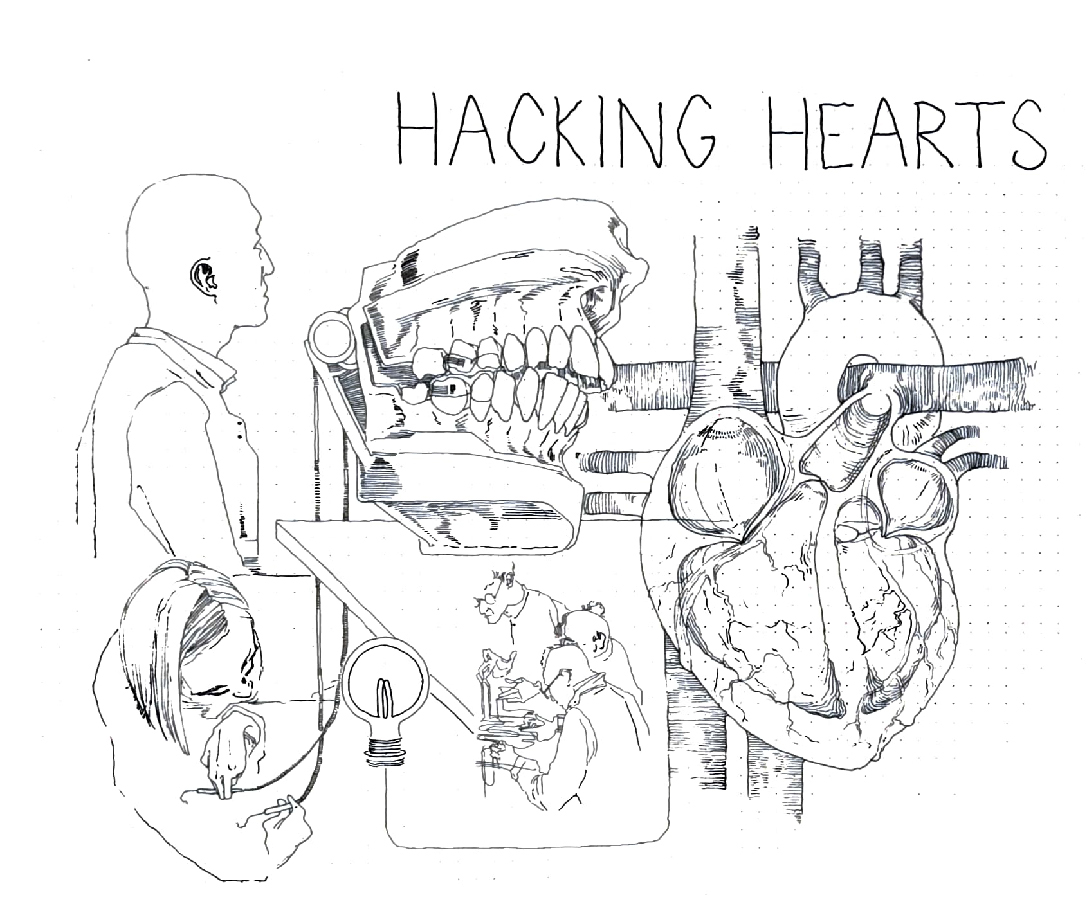Prof. Kayoko Nohara acted as a panelist at the Value Creation Design Forum sponsored by the Institute of Industrial Science (IIS), The University of Tokyo.
Saturday, December 21, 2019 14: 00-19: 30 @ Shibuya QWS Scramble Hall

Programme – Part 1: Practice and systematization of design-driven engineering
Is a design that links engineering research and future society possible? How?
The speakers introduced recent practices and research cases by DLX Design Lab and discussed design methodology.


Speakers: Yuichi Washida (Hitotsubashi University), Kayoko Nohara (Tokyo Institute of Technology), Toshiki Shinno (The University of Tokyo), Miles Pennington (The University of Tokyo), Yukiko Matsunaga (The University of Tokyo), Mitsuru Muramatsu (The University of Tokyo), Midori Yamazaki (The University of Tokyo), Kensei Miyoshi (The University of Tokyo)
Programme – Part 2: Education for design-driven engineering
What kind of education is needed to develop professionals who can conduct design-driven engineering?
Experts in design engineering education from companies and universities were invited to discuss.
Speakers: Noriko Kamiyama (Dyson), Teruyuki Kaduchi (Osaka University of Arts), Keita Watanabe (Meiji University), Shunji Yamanaka (The University of Tokyo)
More info on the event can be found here

The Institute of Industrial Science (IIS), the University of Tokyo, is promoting “Value Creation Design (Design-Led X)” based on the concept of “value creation through a fusion of engineering and design perspectives”. We have rediscovered the value of engineering technology from the viewpoint of design and set this approach to give new goals to engineering research: we call it “design-driven engineering”. This is an attempt to significantly change the academic and artistic approaches that currently define this field.
(Photos © Nohara Lab 2019)
2019年12月21日(土)14:00~19:30 @渋谷QWS内スクランブルホール
– 第1部 デザイン駆動工学の実践と体系化
工学研究と未来の社会をつなぐデザインはどのように可能か? DLX Design Labによる最近の実践・研究事例を紹介し、デザインの方法論を議論。
登壇者:鷲田祐一(一橋大学)、野原佳代子(東京工業大学)、新野俊樹(東京大学)、Miles Pennington(東京大学)、松永行子(東京大学)、村松充(東京大学)、山崎みどり(東京大学)、三好賢聖(東京大学)
第2部 デザイン駆動工学のための教育
デザイン駆動工学を実践する人材を育てるためにはどのような教育が必要か? 企業や大学からデザインエンジニアリング教育に関わる方を招き議論。
登壇者:神山典子(ダイソン)、門内輝行(大阪芸術大学)、渡邊恵太(明治大学)、山中俊治(東京大学)
東京大学生産技術研究所(IIS)は、「工学とデザイン視点の融合による価値創造」をコンセプトとする取り組み『価値創造デザイン(Design-Led X)』を推進しています。
デザインの視点で工学技術の持つ価値を再発見し、工学研究に新たな目標を与えるこの取り組みを「デザイン駆動工学」と位置づけ、現在、方法論の開発や人材育成の仕組みづくりに取り組んでいます。これまでの学術・芸術の体系を大きく変革する試みです。

